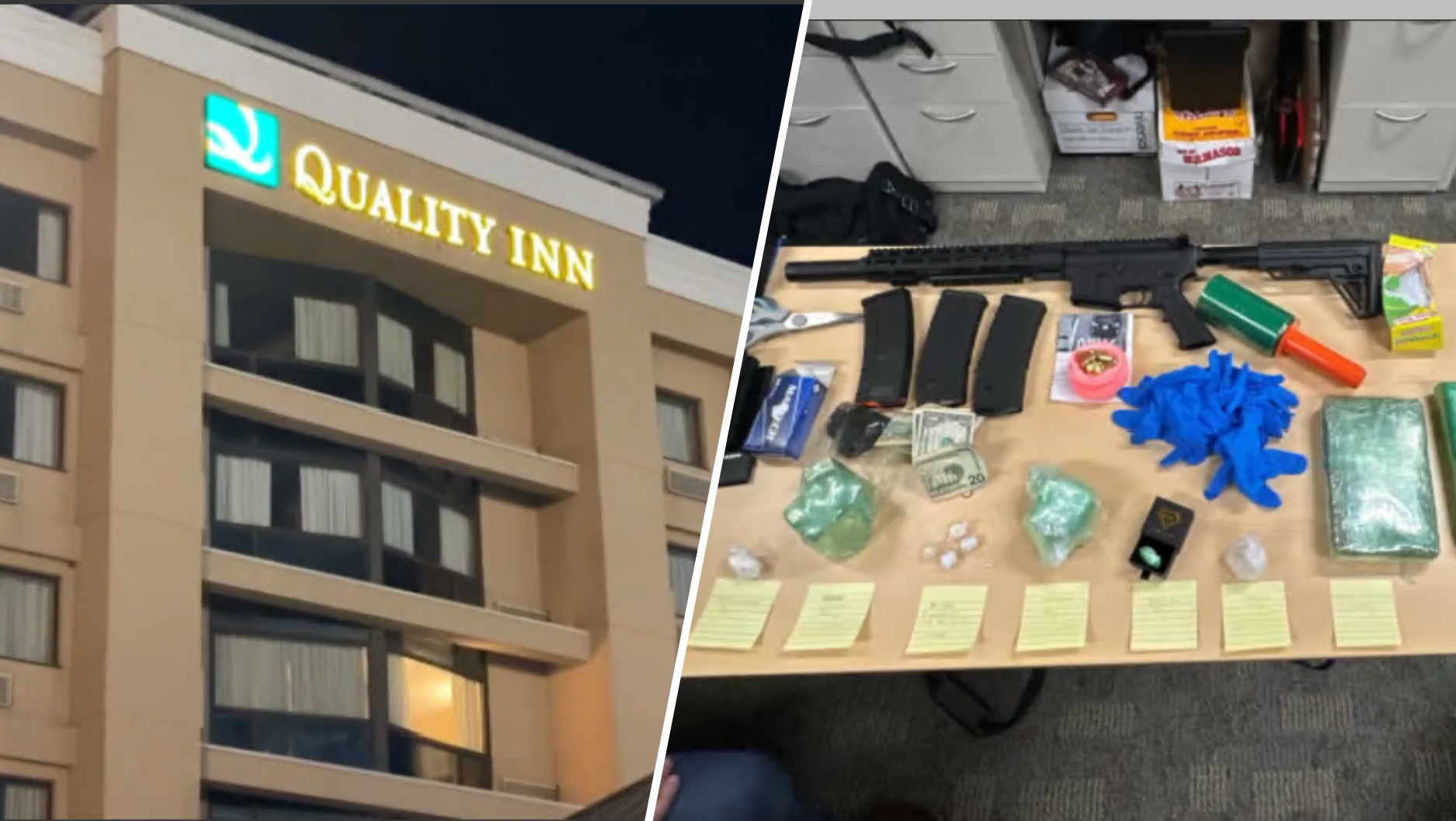The credibility of nine current and former Boston police officers who worked in the BPD evidence warehouse is now in question, Suffolk District Attorney Rachael Rollins said, calling their indictment on federal charges "a blow to the credibility of our noble profession."
The officers were accused Wednesday of embezzling taxpayer money through an overtime fraud scheme, allegedly collecting at least $200,000 for hours they never worked.
Get top local stories in Boston delivered to you every morning. Sign up for NBC Boston's News Headlines newsletter.
Rollins, who oversees criminal prosecutions in Boston, said that in light of the arrests, testimony provided by the officers in the past is "now suspect."
She said her office will add the officers' names to a list of those whose past conduct must be disclosed to defendants. The district attorney will also notify two prominent criminal defense organizations in the state about the arrests, allowing lawyers to review their role in past criminal cases.
Rollins pledged to fairly review any legal challenge.
Local
In-depth news coverage of the Greater Boston Area.
"I intend to right any wrongs that have been created because of potential misconduct," Rollins said.
Wednesday's arrests follow a string of damaging scandals in Massachusetts that center around evidence handling by law enforcement.
Eight years ago, misconduct by former state drug lab chemist Annie Dookhan created fallout for some 23,000 cases. Thousands more were tainted by a worker who stole drugs from the state crime lab in Amherst a few years later.
And in Braintree, revelations emerged in 2017 that guns, drugs and more than $400,000 in cash were stolen from the police department's evidence room. That meant dozens more cases were tossed.
In Boston, the nine police officers charged Wednesday by the U.S. attorney have not been accused of tampering with evidence. But the allegations could open the door for defendants to challenge their credibility in court, criminal defense lawyer Peter Elikann said.
Elikann previously represented a client whose criminal case in Braintree was dismissed. He said at trial, police must show how evidence was handled. And if officers lie about their working hours, the chain of custody could be in doubt.
"It raises the question, although there is no proof at this time, that the integrity of the evidence was compromised in some way," he said.



